Educational Resources
At Receivables Info, we’re passionate about helping consumers improve
their financial wellness by sharing trusted resources from reputable, expert-backed sites.
Related Articles
Building financial stability has become more important than ever. With inflation, job insecurity, and rising costs of living,
Student loan debt is one of the most talked-about financial topics in America—and for good reason. With more
Refinancing your mortgage can feel intimidating, especially if you’re unsure where to start. With so many options, fees,
Financial Literacy Resources
In addition to sharing news and thought leadership within the receivables industry, we’re committed to supporting consumers on their financial journey. We believe that access to clear, trustworthy information is essential for building confidence and making informed decisions. That’s why we’ve curated a collection of expert-backed, reputable resources designed to help consumers improve their financial wellness—whether it’s understanding credit, managing debt, or planning for the future.

Consumer Financial Protection Bureau
The Consumer Financial Protection Bureau aims to make consumer financial markets work as a whole for consumers, responsible providers, and the economy as a whole.
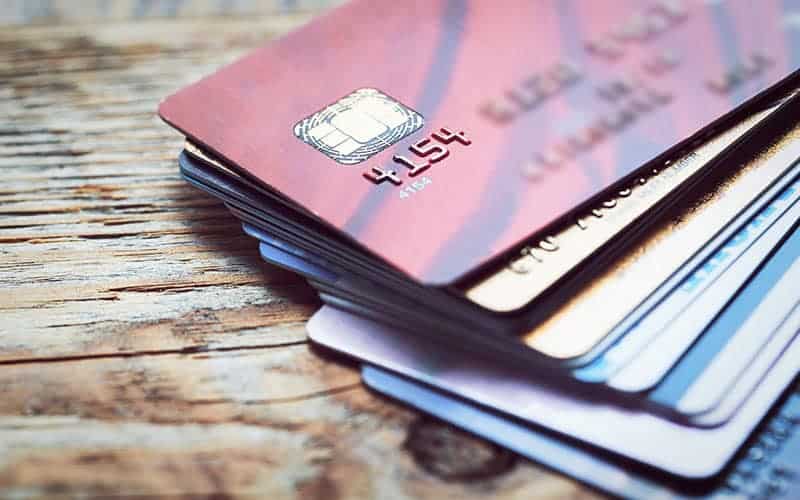
Credit Card Act
The Credit Card Act is based on 2 principles: fairness and transparency. It prohibits unfair and abusive practices and makes the rates and fees on credit cards transparent and more easily understood for consumers.

Federal Communications Commission (FCC)
The Federal Communications Commission regulates interstate and international radio, television, wire, satellite, and cable communications in all 50 states, the District of Columbia, and U.S. territories.

Fair Credit Reporting Act (FCRA)
The federal Fair Credit Reporting Act promotes fair and accurate credit reporting. It also ensures fairness, impartiality, and privacy for consumers. The FCRA recognizes the many types of consumer reporting agencies.

Fair Debt Collection Practices Act (FDCPA)
The Fair Debt Collection Practices Act is a law that restricts the means and methods of third-party debt collectors who are attempting to collect a debt on behalf of another person or entity.
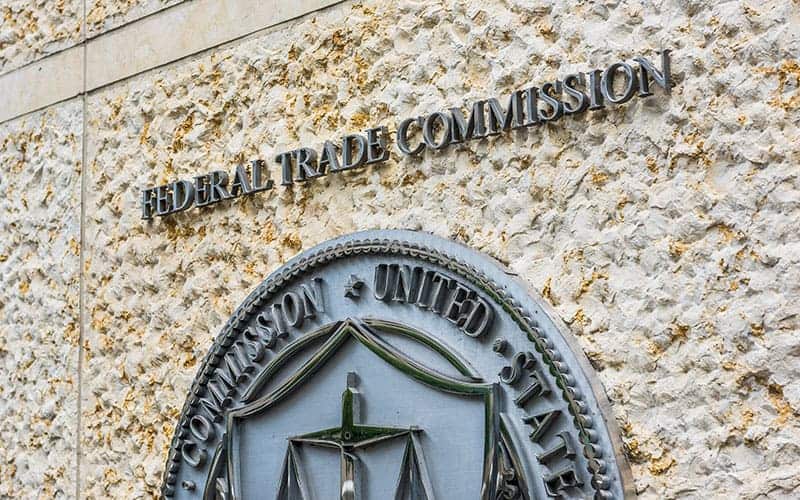
Federal Trade Commission (FTC)
The Federal Trade Commission is an independent agency of the federal government that promotes the protection of consumers and eliminates and prevents anticompetitive business practices.
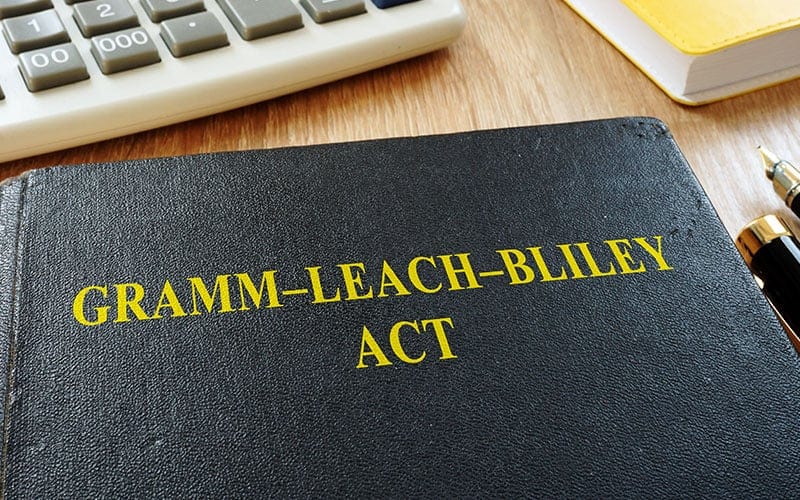
Gramm-Leach-Bliley-Act (GLBA)
The Gramm-Leach-Bliley-Act requires financial institutions to explain how they share and protect their customer’s private information, including how they share customer’s sensitive data.

Health Insurance Portability and Accountability Act (HIPAA)
The Health Insurance Portability and Accountability Act was created to modernize the flow of healthcare information and establish national standards for electronic health care transactions.

Office of the Comptroller of the Currency (OCC)
The Office of the Comptroller of the Currency is an independent bureau within the United States Department of the Treasury that maintains the integrity of the federal banking system and charters.

Office of Foreign Assets (OFAC)
The Office of Foreign Assets is a financial intelligence and enforcement agency of the U.S. Treasury Department and administers and enforces economic and trade sanctions based on U.S. foreign policy and national security objectives.
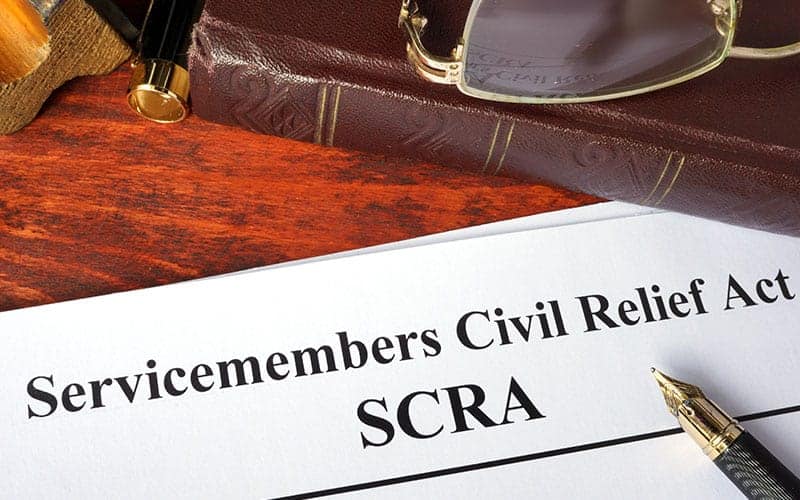
Servicemembers Civil Relief Act (SCRA)
The Servicemembers Civil Relief Act is a federal law that enables U.S. military members to receive money saving financial relief and protections when they are called to Active Duty. These protections can cover credit card interest rates, cell phone service contracts.

Telephone Consumer Protection Act (TCPA)
The Telephone Consumer Protection Act safeguards consumer privacy by restricting telephone soliciting and the use of automated telephone equipment. TCPA makes consumer consent a primary focus for businesses.

The National “Do Not Call” Registry
The National “Do Not Call” Registry is free and provided by the Federal Trade Commission as a way for consumers to reduce unwanted telemarketing calls consumers receive at home.

Equal Credit Opportunity Act
The Equal Credit Opportunity Act prohibits credit discrimination on the basis of race, color, religion, national origin, sex, marital status, age, or status of public assistance. While creditors may ask for this information.

U.S. Government Identity Theft Website
The U.S. Government Identity Theft Website provides consumers with important information and resources on common scams and frauds, how to protect against identity theft, and how to respond if identity theft occurs.

Equifax
Equifax is a consumer credit reporting agency. They provide consumers with free services such as an annual credit report, fraud alerts, learning about how credit scores are calculated, protecting against identity theft, and more.

Experian
Experian is a consumer credit reporting agency that provides consumers with a free annual credit report as well as information on helping consumers to understand credit scores and how to improve bad credit history.
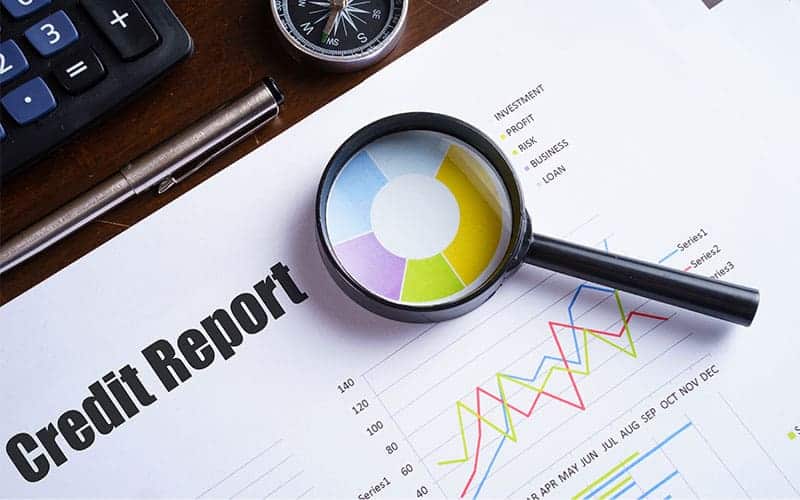
TransUnion
Transunion is a consumer credit reporting agency providing consumers with information on a free annual credit report, credit education, the Fair and Accurate Credit Act (FACT ACT), and more.









